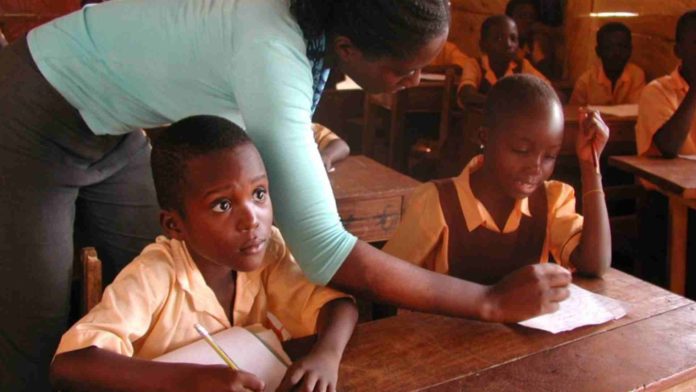Ghana, one of the few English-speaking holdouts in Francophone-heavy West Africa, is suddenly talking about adopting French as an official language.
In 2017, Emmanuel Macron became the first French president to visit this former English colony in 60 years. At the time, Nana Akufo-Addo had been president of Ghana only a few months and had already signaled a fondness for the language of Molière by pushing for more French classes in his country’s educational system.
The Ghanaian president speaks French fluently, having spent five years at the international law firm Coudert Brothers in Paris. Last year, he told colleagues at the International Organization of the Francophonie, or OIF, that his dream was to live in a bilingual Ghana.
Multilingual might be a more accurate word, unofficially speaking: along with English, about 15 percent of Ghana’s population also speaks Ashanti, 14 percent Ewe and 11.6 percent Fante. Seven other African languages are more common than French. The push makes sense geopolitically speaking. The African continent now represents half of the world’s Frenchspeaking population. Economically, politicians say, Ghana would have much to gain by bonding with other Francophone countries, including Ivory Coast, Togo and Burkina Faso, which surround it on three sides. But locals aren’t quite sure.
CENTER FOR AFRICAN STUDIES
Center for Africa Studies (AFRAM) which located in Ankara, is an organization facilitating under the administration of African Affairs Council (AFAC). It makes various researches about Africa to enhance economic and cultural bounds between Africa and Turkey. AFRAM’s publishings has been shared with different institutions as they require to obtain.
AFRICA OBSERVATORY
Africa Observatory is one the publishing of AFRAM and it has been published each two weeks. It has been delivered to different institutions via e-mail.






